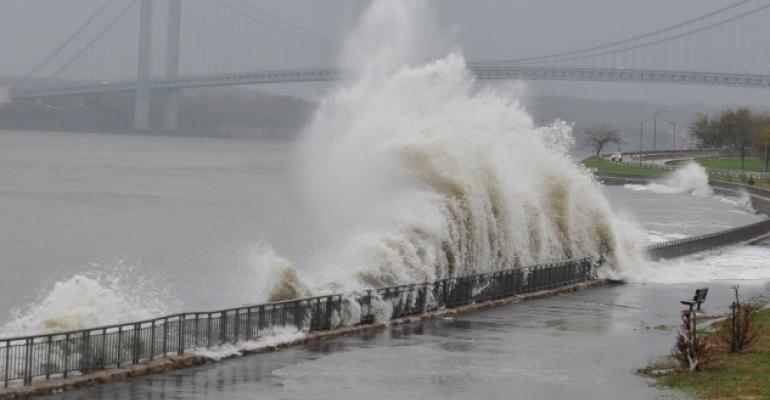Natural disasters tend to bring investor- and consumer-related scams, as people are left vulnerable and wanting to help the situation in any way they can. Hurricane Sandy will likely be no exception.
For example, after Hurricanes Katrina and Rita hit the U.S. in 2005, the federal government set up a special agency to handle the large amount of scams created by the hurricanes, according to Andrew Stoltmann, an attorney with The Stoltmann Law Offices in Chicago.
Here are the top five investment scams that Stoltmann expects investors to experience in the aftermath of Sandy and how your clients can avoid them:
1) Donation Pitches to Bogus Charities: One of the most common scams after natural disasters are requests to donate to charities that simply don’t exist. Often the charities sound similar to other reputable charities. Never donate money in response to social media messages or unsolicited emails since they’re most likely part of a criminal scheme. Legitimate charities usually aren’t actively seeking out donations through social media websites in the immediate aftermath of a disaster.
2) Investment Pitches Related To Hurricane Sandy: It is common for stock scammers to pitch hurricane-related investment schemes. For example, after Hurricane Katrina, unscrupulous financial advisors were pitching disaster cleanup companies that either didn’t exist or were legitimate, but only tangentially related to the stated cause. With a possible surge in gas and energy prices, brokers will often pitch energy or oil related companies to invest in, sometimes even to short, or bet against the value of the security will decline. After Hurricane Katrina, the SEC reported emails were circulating that claimed certain penny stocks would sky rocket. Some were supposed to rise because of “refinery glitches.” Brokers may also pitch options as a “surge play” on home building stocks.3) E-mail Chain Letter Hoaxes: Hundreds of e-mail hoaxes surfaced after Hurricane Katrina that attempted to compromise people’s computer and steal people’s identity. These will certainly resurface in the coming days.
4) Phishing Scams: Very common are e-mail requests for donations and financial assistance for the victims of the Hurricane. They may even appear to be from reputable sources such as the American Red Cross itself. However, many, if not all, such requests are actually spoofed and will redirect the recipient to a malicious website or simply serve to steal the victim’s identity or rob him or her of money without any benefit to the hurricane victims.
5) Variations of the Nigerian Fee Scam: In this scam, the sender plays on people’s emotions again. The pitch is to help someone retrieve large amounts of money that are, for some reason related to Sandy, tied up and the person needs minor financial assistance to retire the funds.
I recommend the following:
· Do not invest in investments expected to surge for hurricane related reasons.
· Do not respond to unsolicited (SPAM) e-mail.
· Be skeptical of individuals representing themselves as officials soliciting via e-mail for donations.
· Do not click on links contained within an unsolicited e-mail.
· Be cautious of e-mail claiming to contain pictures in attached files, as the files may contain viruses. Only open attachments from known senders.
· To ensure contributions are received and used for intended purposes, make contributions directly to known organizations rather than relying on others to make the donation on your behalf.
· Validate the legitimacy of the organization by directly accessing the recognized charity or aid organization’s website rather than following an alleged link to the site.
· Attempt to verify the legitimacy of the non-profit status of the organization by using various Internet-based resources, which also may assist in confirming the actual existence of the organization.
· Do not provide personal or financial information to anyone who solicits contributions: providing such information may compromise your identity and make you vulnerable to identity theft.




